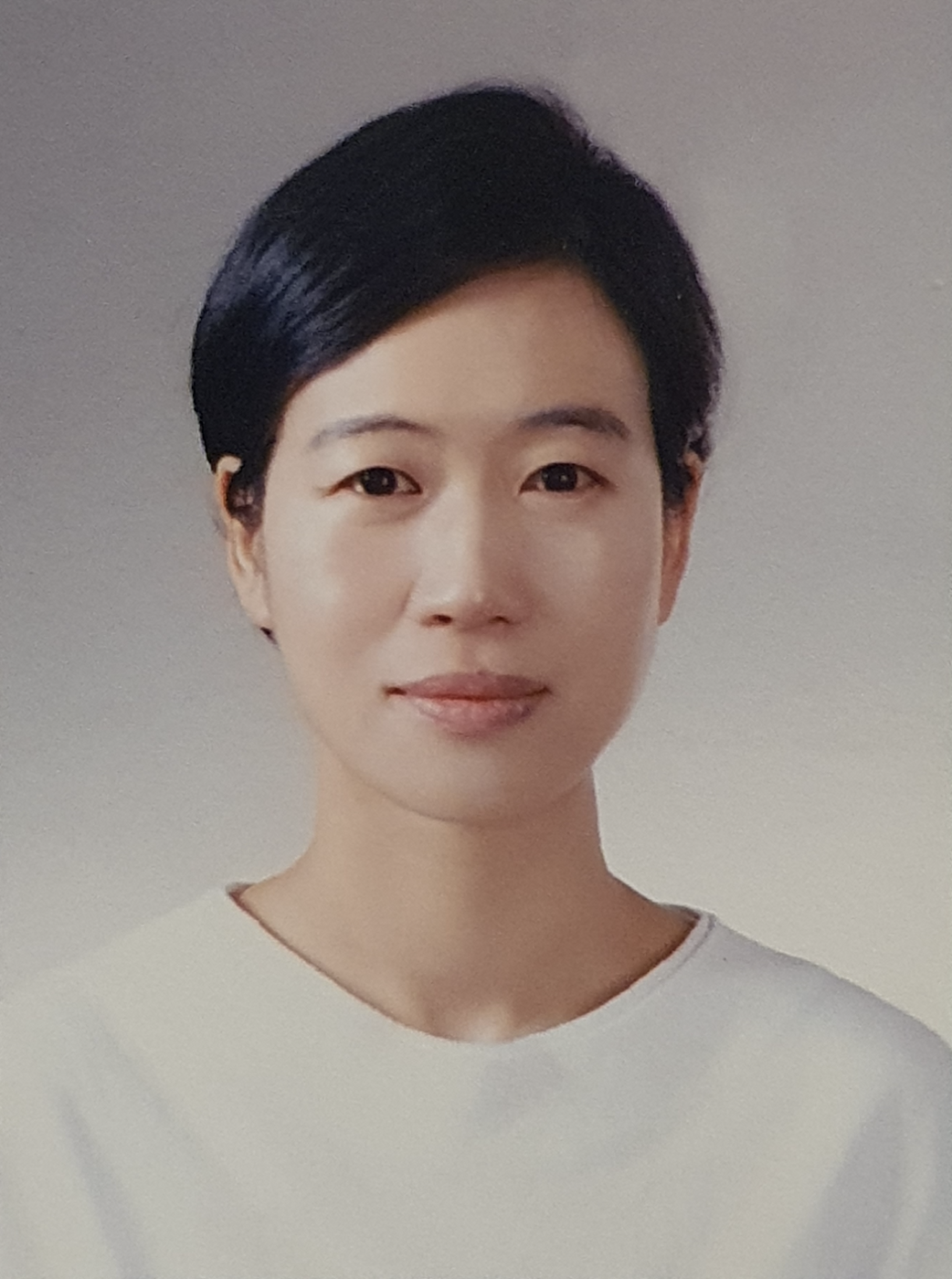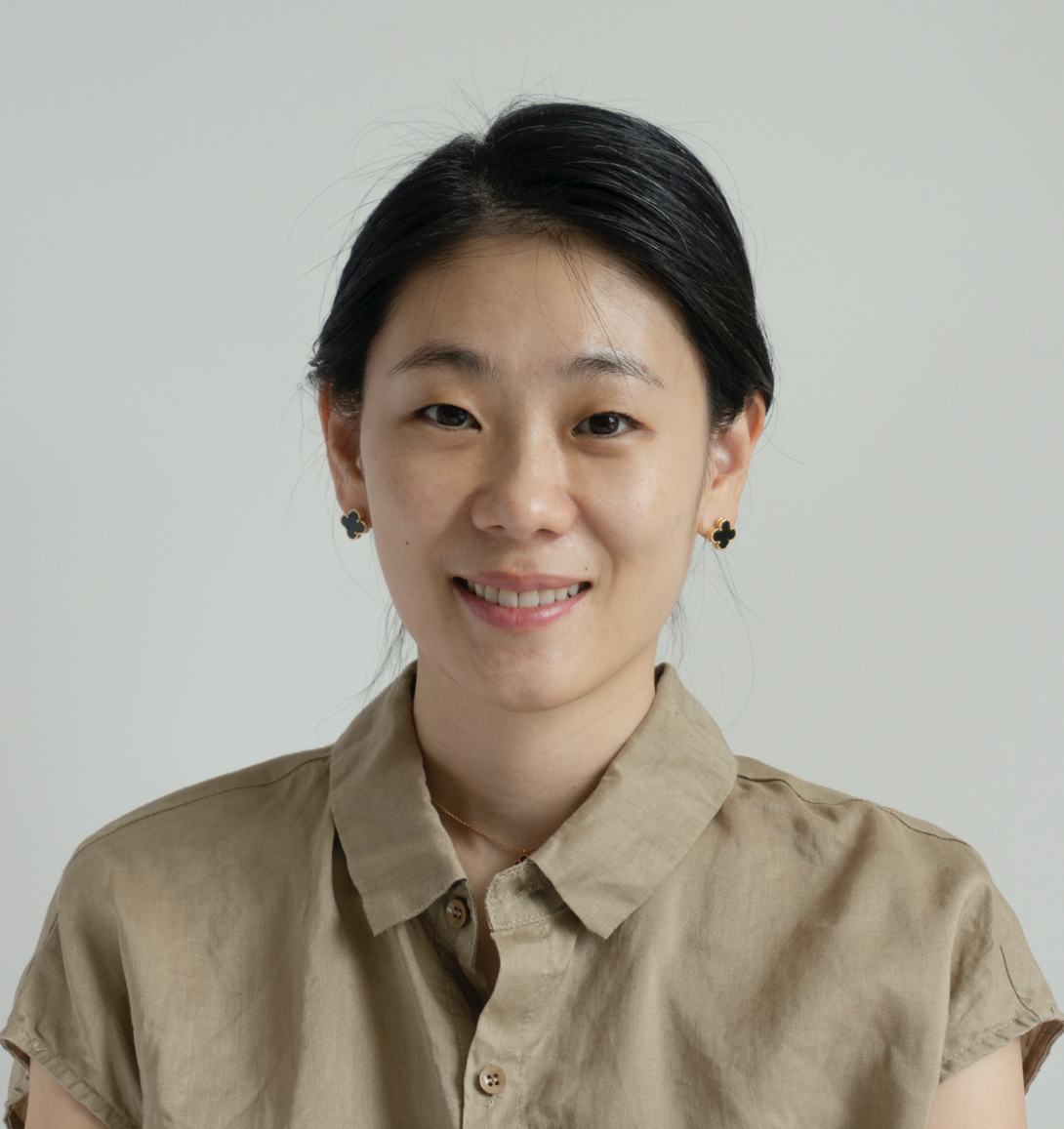The School of Design Welcomes Sunki Hong and Haeyoung Kim
Starting in the Fall 2023 semester, the Carnegie Mellon University's School of Design is thrilled to welcome two new faculty members - Sunki Hong and Haeyoung Kim.
Sunki Hong

Sunki has worked as a designer in the realm of the product design and furniture design. Her creative journey is defined by a profound exploration of the interplay between culture, nature, or philosophy within the realm of design. These fusion forms the cornerstone of her work, enabling the synthesis of these elements into tangible and captivating design expressions. Her works are characterized by an elegant fusion of balanced aesthetics and a palette of refined and understated hues.
Her works have been acknowledged in the European Product Design Awards, Korean International Design Awards, and New York Product Design Awards.
She received a bachelor's degree in industrial design and an MFA degree from Ewha Womans University in Korea and a master's degree in furniture and metal design from Iowa State University.
Haeyoung Kim

As a designer, researcher, and educator, Haeyoung delves into the intricate connections between objects, culture, space, materials, and technology, exploring their profound influence on human interaction across various dimensions. She aims to design human-centric physical and digital interactions that foster vibrant social and cultural exchange.
Her research is twofold. One facet involves the creation of human-centered interactive learning objects and installations, fostering social engagement through cutting-edge technologies such as sensors, physical computing, multimedia, IoT, and AR. Her passion lies in enhancing visitor experiences in the public realm, such as museums, expos, research centers, and educational institutes. She shapes how people engage with knowledge by translating complex and abundant information into interactive and meaningful journeys.
The other facet of her research redefines material paradigms, particularly responsive materials, to establish novel design frameworks. Through meticulous analysis of material properties and their responsive behavior, she crafts adaptable material systems for wearables and products. This approach is geared towards offering distinct user experiences and optimizing performance through innovative fabrication techniques like 3D printing, 4D printing, lamination, knitting, and weaving. Studying geometry is essential for comprehending functional behavior, enabling transformations that facilitate sensing and actuation through the interplay of geometry and material properties.
She earned her Master of Design Studies in Technology from Harvard University and holds a BFA in Industrial Design from the Rhode Island School of Design.